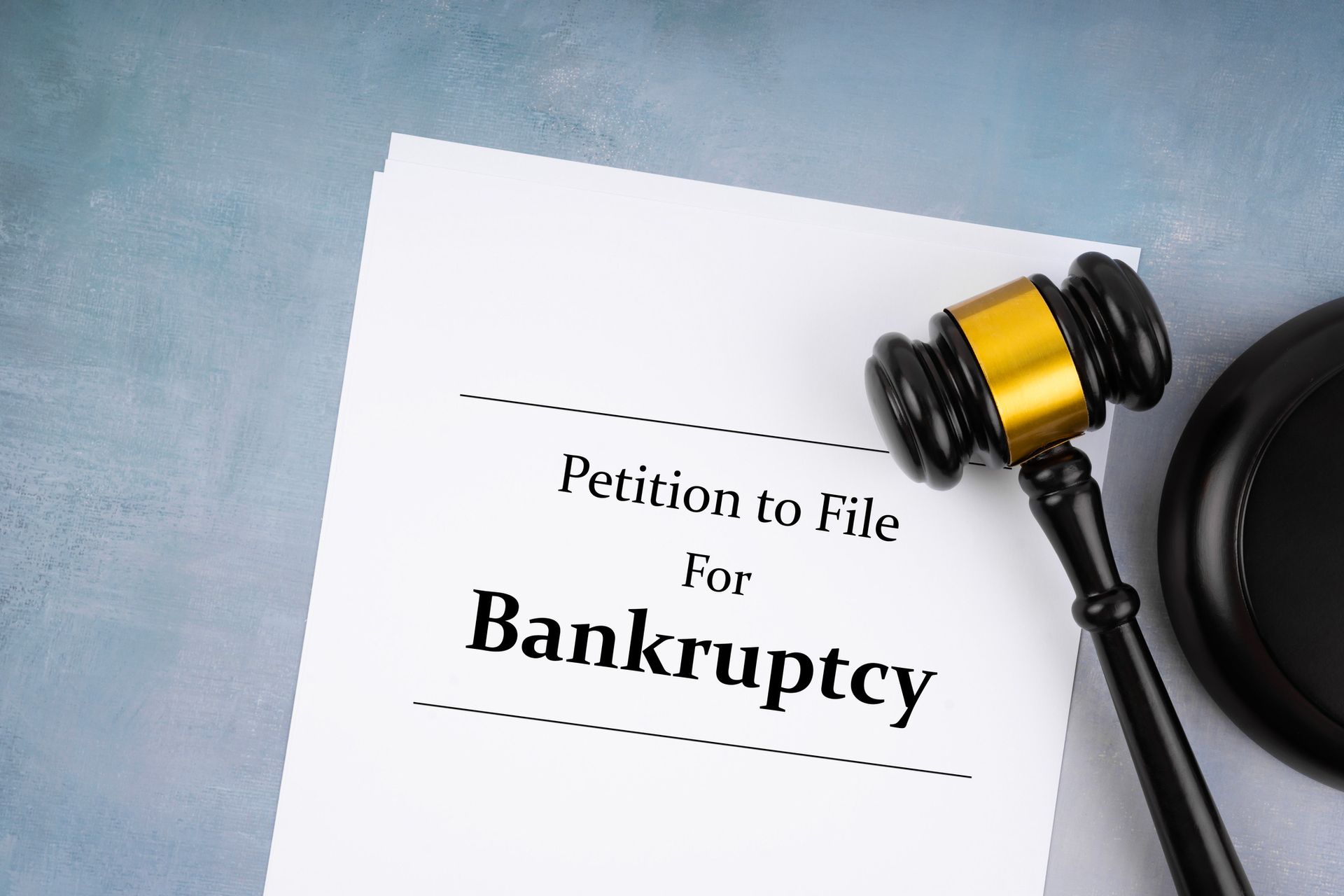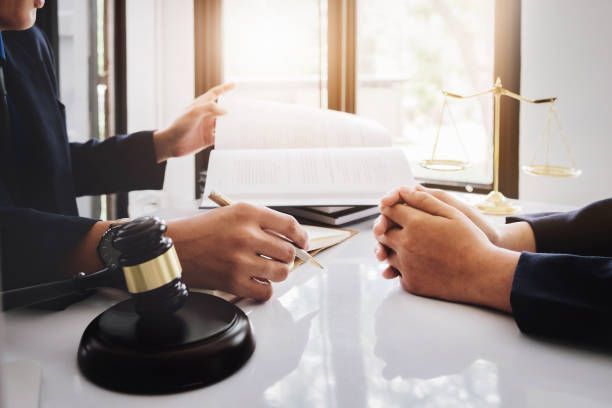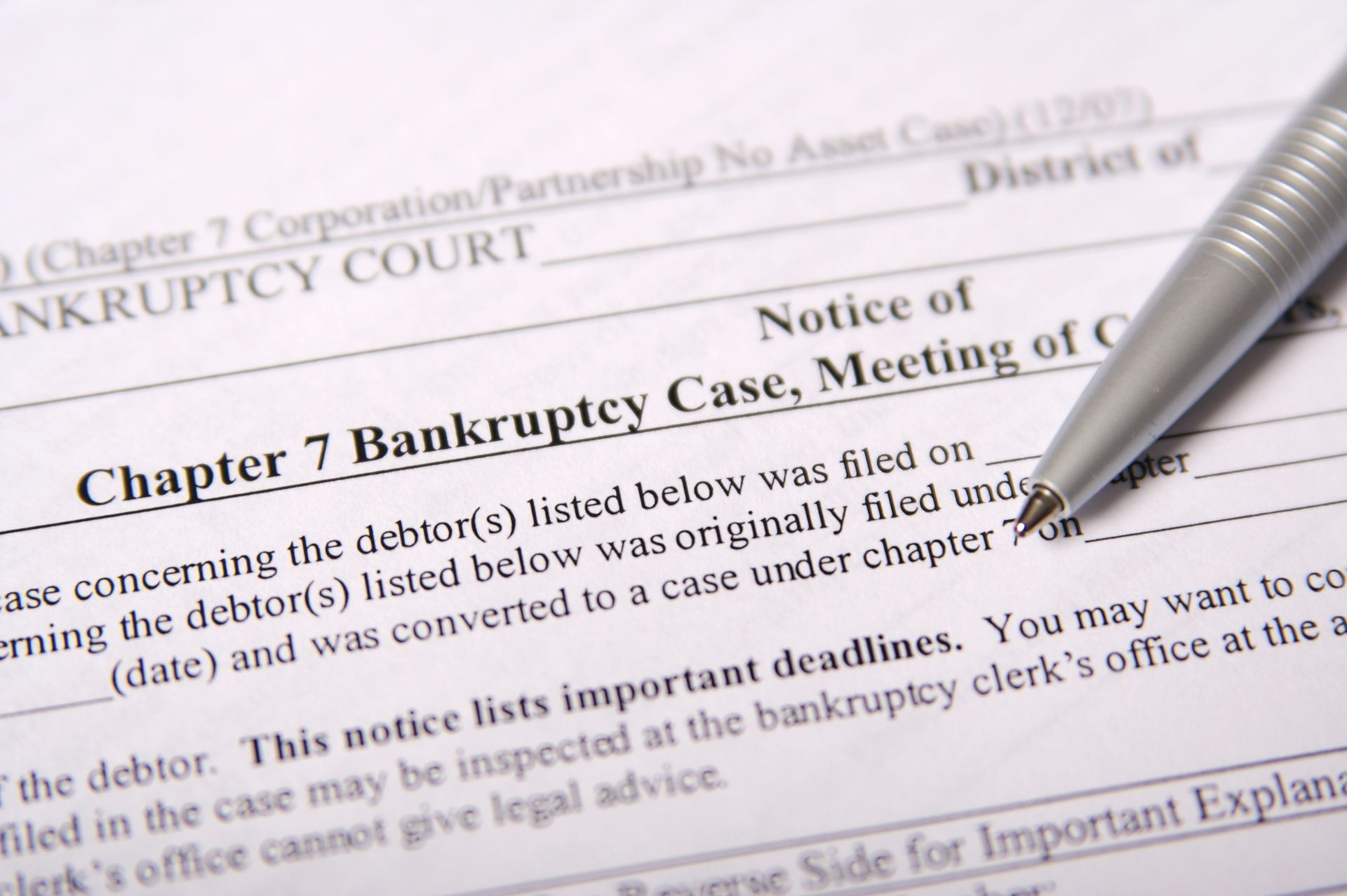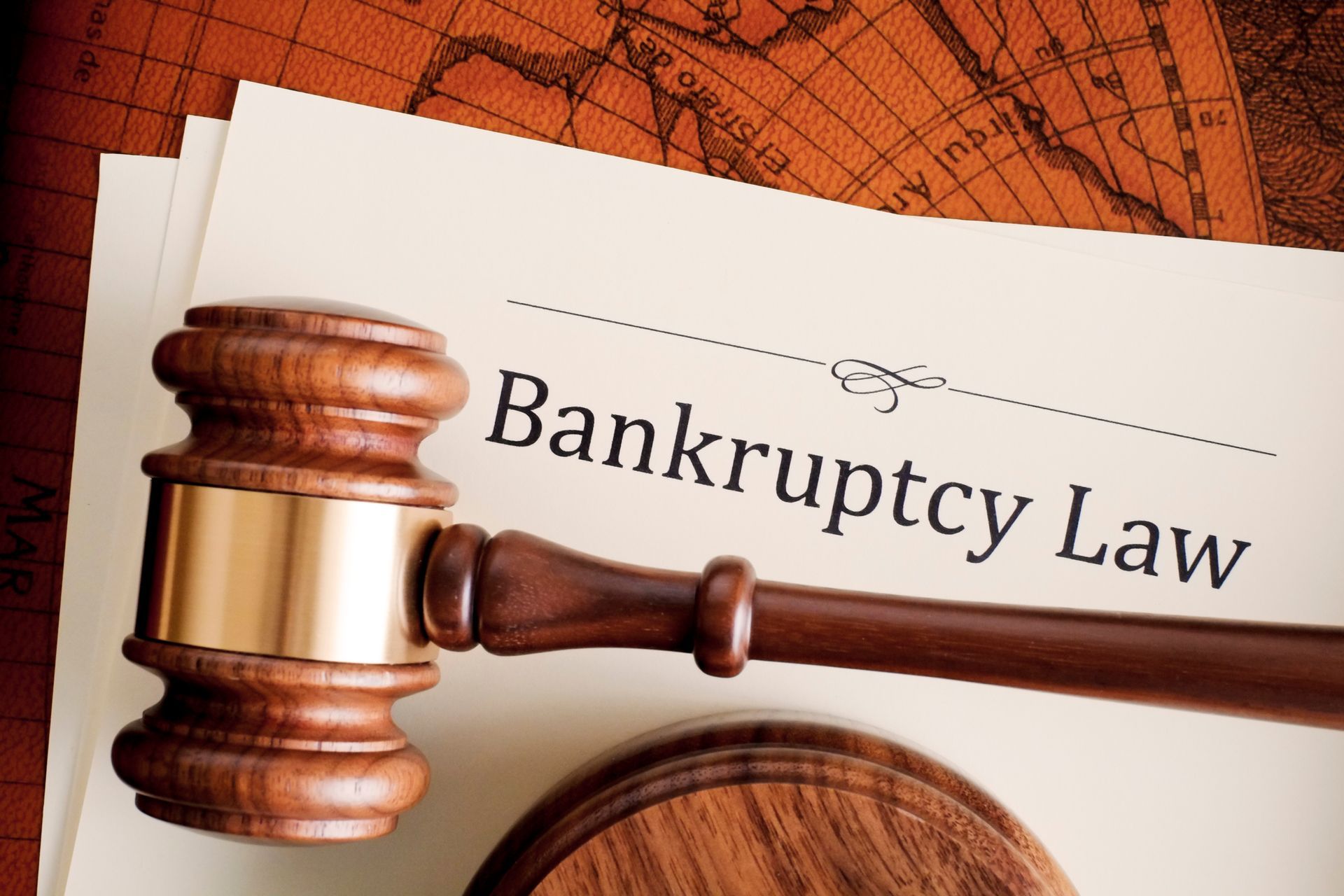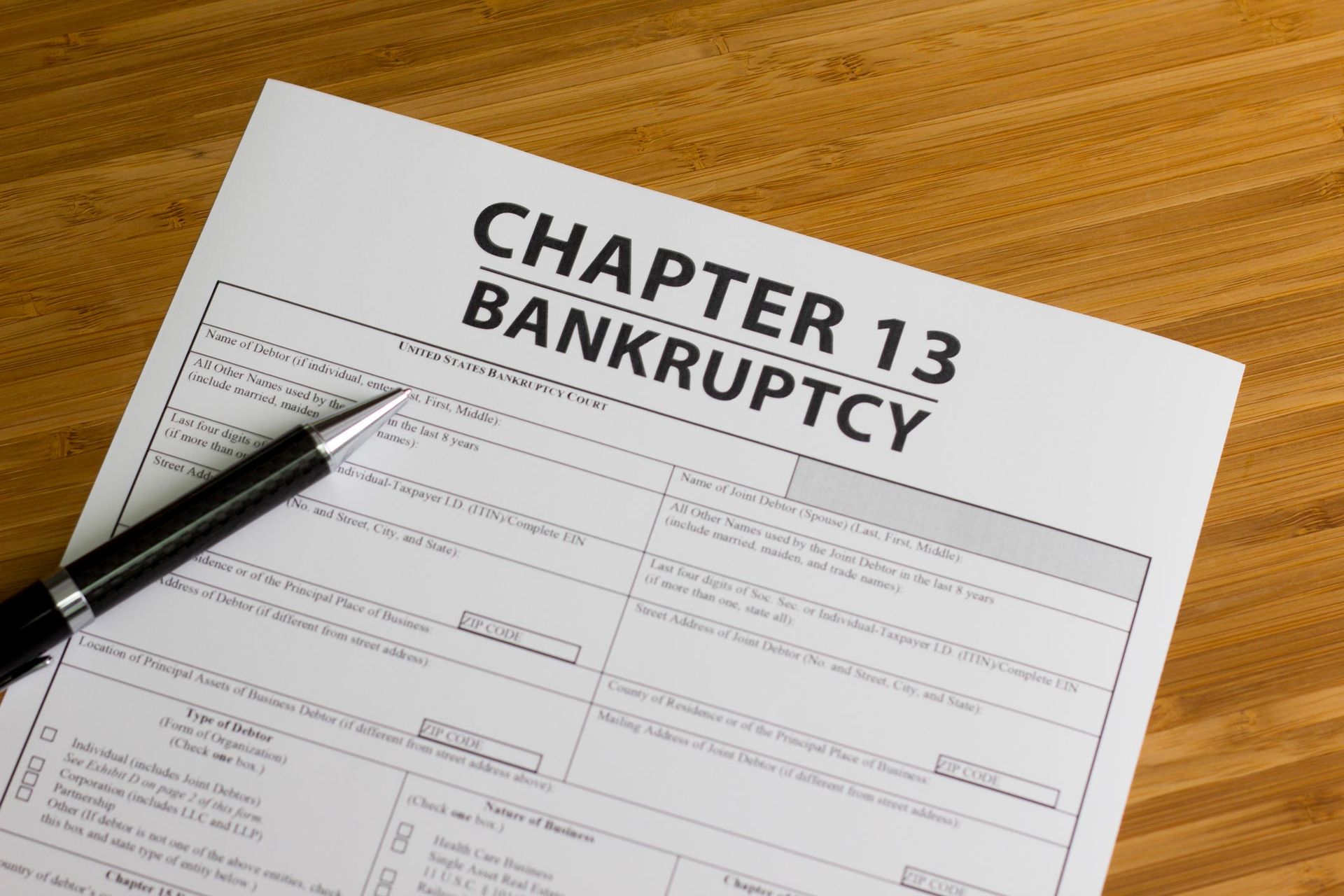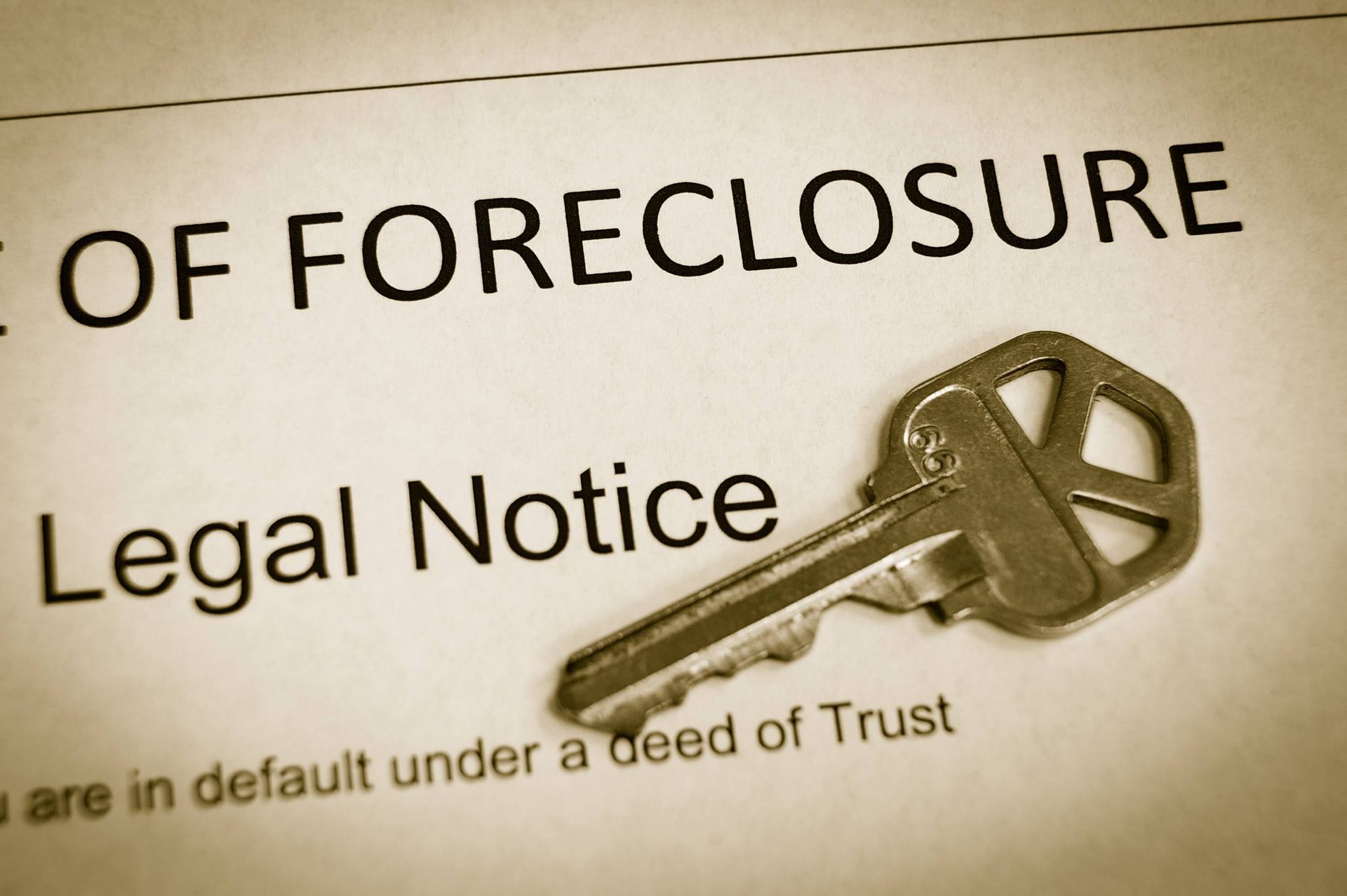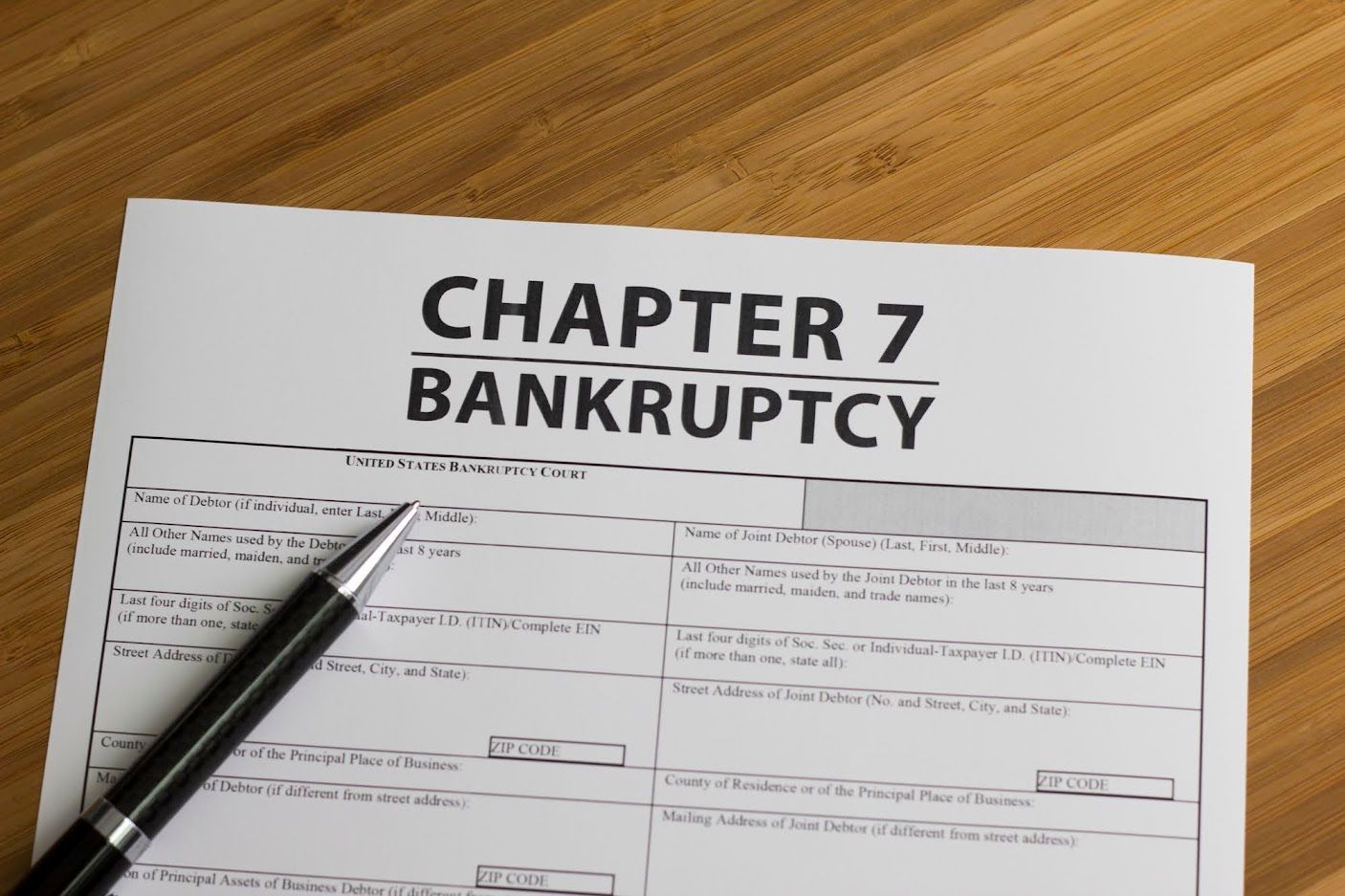6 Common Bankruptcy Myths Debunked
November 28, 2022

Financial hardship is not something anyone wants to experience. Nevertheless, filing for bankruptcy can help you regain control of your life if you are unable to get out of debt because of insufficient income or a large amount of debt.
Unfortunately, misconceptions prevent many people from declaring bankruptcy, even though doing so could be beneficial. Therefore, getting your facts straight is imperative when facing bankruptcy.
Below are some of the more common myths about bankruptcy.
The cause of bankruptcy is rarely poor life choices or bad financial decisions. Financial strains can affect even the most responsible people. People file for bankruptcy relief mainly because of circumstances beyond their control. Such events may include job loss, illness, or divorce.
Filing for bankruptcy is a safety valve that one can invoke to prevent individuals from debt burden they can't repay. Therefore, rather than feeling ashamed, take advantage of the opportunity to move forward.
You don't lose everything after filing for bankruptcy. You may retain your home, car, retirement plan, and most household goods. Speak to a lawyer regarding exempt assets in your state.
Alternatively, for properties that are not exempt, getting a Chapter 13 Bankruptcy and paying some creditors might allow you to keep your assets and wipe out your debt. Even so, filing bankruptcy does not erase liens. You must repay the loan to keep the property you pledged as collateral. In some cases, depending on your situation, you may need to reaffirm the debt.
Having filed for bankruptcy does not prevent you from owning property. You can own anything within your purchasing power. Moreover, by eliminating your debt, you may avoid having your property seized by your creditors in the future.
The fact is that bankruptcy records are public. Anyone can find you, but they would be going through a great deal for your information. Creditors, cosigners, and other institutions might need notice about your bankruptcy. But anyone else will only find out if you tell them.
Some smaller towns can publish bankruptcy notices online. Other jurisdictions might also publish filings in local newspapers. But, at the end of the day, it doesn't matter if someone does find out, as they cannot discriminate against you based on your bankruptcy status.
In no case will bankruptcy completely ruin your credit score. While you can expect limited credit access for seven to ten years after bankruptcy, the effects of bankruptcy are not permanent. Requalification for credit is possible after declaring bankruptcy. You will initially have to rebuild your credit, and your interest rates will be higher. However, if you take care of your credit, you can rehabilitate your score to top-tier levels.
When you file for bankruptcy, the Bankruptcy Court orders all creditors to refrain from contacting you. The order, known as the automatic stay , is per section 362 of the 11th United States Code. The automatic stay puts the full force of the United States Court system at your disposal to protect you from your creditors. The court can charge a creditor with contempt if they violate the order.
Debt relief through bankruptcy is a highly critical decision. Therefore, you should always base your decision on facts. Each individual's situation will differ, but a bankruptcy attorney is helpful for everyone. An experienced attorney can ease the process for you and answer any questions. Contact us today at Ozment Law for help with the bankruptcy process or to determine whether bankruptcy debt relief is right for you.
Unfortunately, misconceptions prevent many people from declaring bankruptcy, even though doing so could be beneficial. Therefore, getting your facts straight is imperative when facing bankruptcy.
Below are some of the more common myths about bankruptcy.
1. Bankruptcy Is a Personal Failure
The cause of bankruptcy is rarely poor life choices or bad financial decisions. Financial strains can affect even the most responsible people. People file for bankruptcy relief mainly because of circumstances beyond their control. Such events may include job loss, illness, or divorce.
Filing for bankruptcy is a safety valve that one can invoke to prevent individuals from debt burden they can't repay. Therefore, rather than feeling ashamed, take advantage of the opportunity to move forward.
2. You Must Sell Your Assets After Bankruptcy
You don't lose everything after filing for bankruptcy. You may retain your home, car, retirement plan, and most household goods. Speak to a lawyer regarding exempt assets in your state.
Alternatively, for properties that are not exempt, getting a Chapter 13 Bankruptcy and paying some creditors might allow you to keep your assets and wipe out your debt. Even so, filing bankruptcy does not erase liens. You must repay the loan to keep the property you pledged as collateral. In some cases, depending on your situation, you may need to reaffirm the debt.
3. You'll Never Own Anything Again
Having filed for bankruptcy does not prevent you from owning property. You can own anything within your purchasing power. Moreover, by eliminating your debt, you may avoid having your property seized by your creditors in the future.
4. If You File Bankruptcy, Everyone Will Know
The fact is that bankruptcy records are public. Anyone can find you, but they would be going through a great deal for your information. Creditors, cosigners, and other institutions might need notice about your bankruptcy. But anyone else will only find out if you tell them.
Some smaller towns can publish bankruptcy notices online. Other jurisdictions might also publish filings in local newspapers. But, at the end of the day, it doesn't matter if someone does find out, as they cannot discriminate against you based on your bankruptcy status.
5. Getting Credit Again Will Never Be Possible
In no case will bankruptcy completely ruin your credit score. While you can expect limited credit access for seven to ten years after bankruptcy, the effects of bankruptcy are not permanent. Requalification for credit is possible after declaring bankruptcy. You will initially have to rebuild your credit, and your interest rates will be higher. However, if you take care of your credit, you can rehabilitate your score to top-tier levels.
6. Bankruptcy Won't Stop Creditors From Harassing You
When you file for bankruptcy, the Bankruptcy Court orders all creditors to refrain from contacting you. The order, known as the automatic stay , is per section 362 of the 11th United States Code. The automatic stay puts the full force of the United States Court system at your disposal to protect you from your creditors. The court can charge a creditor with contempt if they violate the order.
Debt relief through bankruptcy is a highly critical decision. Therefore, you should always base your decision on facts. Each individual's situation will differ, but a bankruptcy attorney is helpful for everyone. An experienced attorney can ease the process for you and answer any questions. Contact us today at Ozment Law for help with the bankruptcy process or to determine whether bankruptcy debt relief is right for you.


